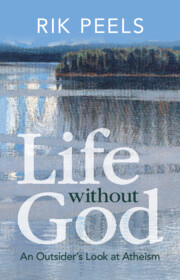Astrotheology, the theological engagement with astrobiology and the possibility of extraterrestrial life, has primarily focused on the compatibility of scientific and religious beliefs. However, this article argues that probability and risk assessments play a larger role in the discussion than is commonly recognised, and there is need to learn from the rigour with which natural theological arguments have been evaluated. For instance, the relative urgency and style of astrotheological discourse is affected by ideas of what sort of life is likely to be out there, if any. In this article, I analyse astrotheological risk assessments from the framework of decision theory, using the discussion over Pascal’s Wager as a comparison case. Arguments over the fittingness of creating other life forms are analysed through a comparison with fine-tuning design arguments. I argue that while theological engagement with astrobiology remains important, the justification of probability and risk assessments depends on disputed philosophical and theological assumptions. Examining the compatibility of theological systems and ideas about extraterrestrial life is important. However, fostering doubt about these probabilities is also a service that theology can do for astrobiological debates.

